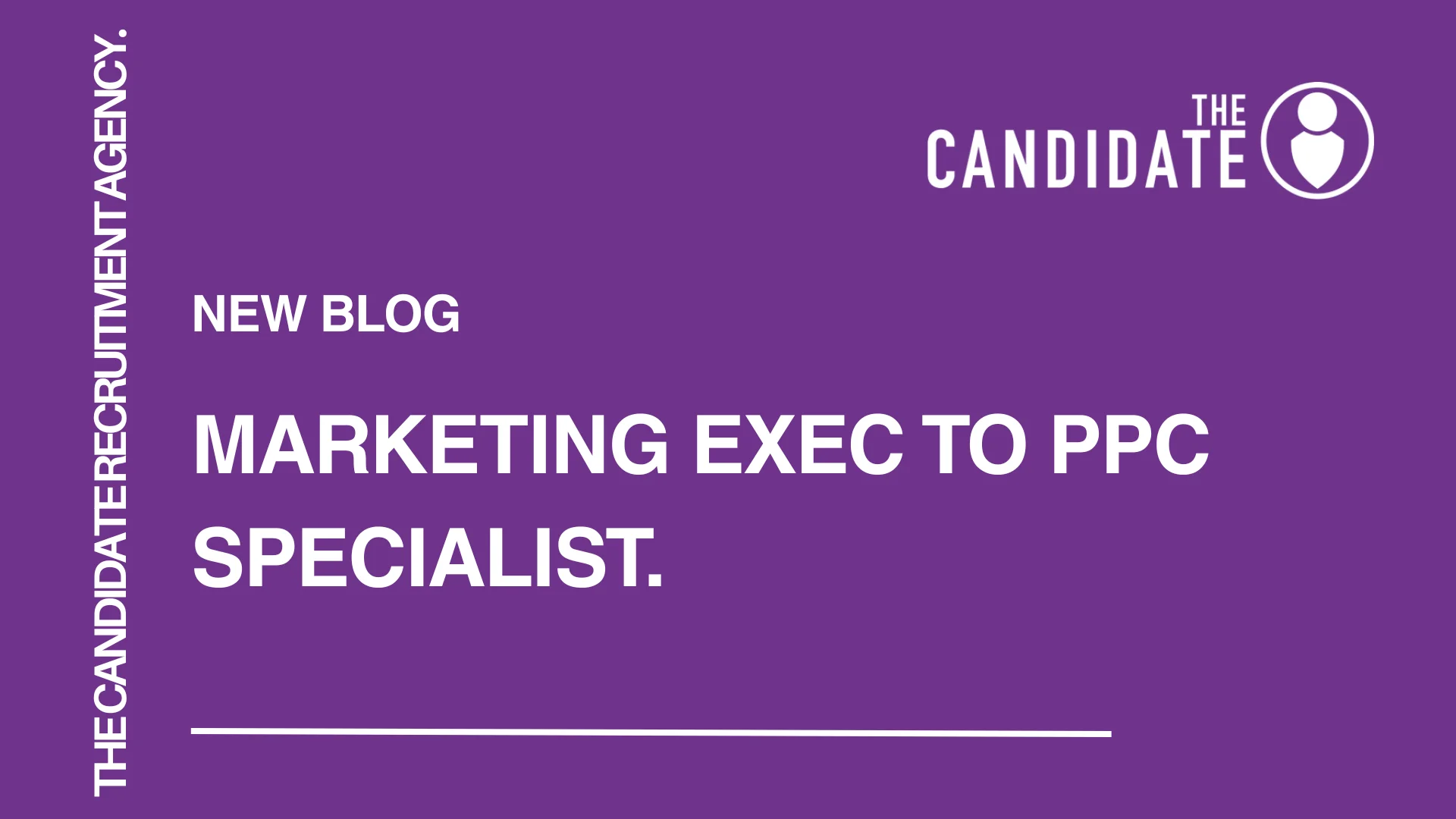We recently attended Manchester Publicity Association’s latest Big Debate, where industry experts get together to discuss key issues – this time, the focus was on returning to the office after the pandemic. Christian James, Chair of MPA and MD at The IF Agency, hosted the debate – asking poignant questions about what the future of work could look like now the landscape of work has been so drastically altered in a time of such uncertainty.
Manchester Publicity Association’sChristian JamesPanellists included Dan Sodergren - Co-Founder of YourFLOCK, Andrew Cooke – Stategic Director at Bruntwood Works, who also sponsored the event), Liane Grimshaw - Founder and MD of SupaReal, and Seb Randle – Development Coach at Social Chain.
Dan SodergrenAndrew CookeLiane GrimshawSeb RandleWe wanted to give a summary of the event, tackling the key themes that were discussed and providing the main opinions of the panellists to give a snapshot of what the ‘new normal’ of work is likely to look like.




(Dan, Andrew, Liane, and Seb)
What will the most common challenges be when returning to the office?
Social Exhaustion
Liane discussed how she believed that there would be a sense of social exhaustion – employees are likely to get overwhelmed more easily, resulting in increased stress and performance anxiety. She emphasised that compassion from managers and leaders would be vital. Letting employees rest and accepting there would be more distractions once in an office-based environment again is all par for the course.
Health and Safety
Andrew talked about how companies would have a responsibility to make a clean and welcoming space for their employees to return to, with health and safety practices being at the forefront of this effort. He also reminded everyone that a one size fits all approach doesn’t work, and instead the best way to adapt to these challenges was to ask your employees and emphasise the importance of community at work. Some ways in which Bruntwood are preparing to help support physical and mental health is the introduction of yoga classes and sleep pods in their offices!
Work Culture
Seb thought that one of the main challenges would be the fact that work culture is likely to have suffered during remote working. A lack of spontaneous creativity and collaboration is a hangover from scheduling Zoom calls whilst working at home, however some staff members will have enjoyed the ability to get ‘in the zone’ and achieve uninterrupted focus on their own tasks. Like Andrew, he emphasised the need for empowering individual staff members to choose what works best for them, instead of dictating which ways they need to complete projects.
Dan made sure to make the distinction that a ‘cool’ office space does not equal a strong work culture! Building from Seb’s thoughts, he agreed that a two-way dialogue with employees was the only way to ensure that the organisational culture aligned with employees’ adjusted values, and rebuild any loss of culture that happened during lockdown separation.
Employees’ resilience is more important than ever – how will organisations need to adapt?
Empathetic Leadership
Empathetic leadership, according to Andrew, is one of the most important things that an organisation can do when adapting to recalibrated employee needs – both emotional and physical. Allowing change to happen quickly and responsively is key, as we all know life has become increasingly uncertain and dynamic overt the past year. Also looking at the positives can help renew resilience by strengthening relationships – we may have gained a unique insight into our colleagues lives like never before after seeing their kitchens on Zoom, hearing their kids playing in the background, or getting pictures of their dogs over Slack!
Health and Wellbeing Programme
Liane emphasised how a health and wellbeing programme for employees is vital to ensure a healthy processing of emotions upon the return to work. Senior staff members must lead by example, showing compassion and love to those around them in such unprecedented circumstances. Offering unique support to workers on a case by case basis is also important, and listening to what your team wants rather than assuming you know their thoughts or feelings.
Continue Optional Flexible Working
It’s important to highlight the need for change, according to Seb. The popularity of flexible working shows that people enjoy a certain level of freedom when it comes to their work-life balance, but he also notes that this is totally industry dependent. The idea of employees working from anywhere, even overseas, has become a lot less radical over the last twelve months, and allowing them this flexibility if possible could help strengthen their resilience when they return to the office.
‘Hotelification’
Dan mentioned an insightful study that linked remote working with increased diversity in organisations. If you don’t allow your employees to work remotely or flexibly, you could risk losing talent! By focussing on the ‘hotelification’ of office spaces, it may be possible to turn them from work spaces to collaborative meeting places that foster creativity and diversity – helping the organisation and its employees to thrive.
To learn more about boosting your own resilience – you can read our blog here!
hereAlso, relocating is also on the rise as many people gain the ability to work remotely from anywhere in the country. We have a great case study on relocating here.
here(Read more below!)
This is an unusual experience for new starters especially – how can we make this easier for them?
Promote Relationship Building
New starters are likely to feel a mixture of anxiety and excitement, Liane suggests. She noted that although there is an individual responsibility for employee wellbeing, new starters can be helped by a open organisational culture that promotes relationship building and facilitates connections.
Use Technology
Dan gave the shocking fact that up to 40% of workers under 25 years old feel lonely working from home! For new starters, just as technology has helped facilitate remote onboarding, it can also help upon the return to the office. By hiring staff specifically to help with HR and culture and providing them with appropriate tech and systems to understand employees on a deeper level, it would be beneficial to everyone. Also – remembering that giving employees incentives to return, just like the hospitality industry is doing, is an important part of the process. They need a certain motivation to return or come into the office for the first time!
People First – Be Vulnerable!
A people first approach is vital, even if that means changing your approach to work due to new data post-pandemic, according to Seb. Flexibility, dynamism, and an open approach is important in making the return to work for both new starters and existing staff an easy transition. Leaders need to be comfortable in showing vulnerability, and being happy to change tact if their original plans aren’t working out. This will help both business goals, and employee wellbeing.
Regular Check-Ins
Andrew again highlights that there is a level of individual responsibility for staff to voice concerns and let businesses know what’s working and what needs improving. Organisations can hold regular check-ins with employees to hear their feedback, and be prepared to innovate and adapt based on their critiques. If businesses are following guidelines and ensuring their offices are as safe as a bar or retail shop, then the return to work can certainly be encouraged – but not pressuring employees who might never have worked in the office before to go from fully remote working to a totally office based scenario is important too.
If you want to read more about recruiting during the pandemic, here at the candidate we have blogs about remote onboarding from a client perspective, how candidates have found the remote onboarding process, and even insights into starting a new role during the pandemic from a new starter.
remote onboarding from a client perspectivehow candidates have found the remote onboarding processstarting a new role during the pandemic
What are the final summaries from the debate?
Opportunities for Improvement
Dan summarised that although there are high levels of stress and uncertainty surrounding the return to the office, the unique situation we are now in allows for increased diversity, productivity, positivity, and innovation. Remote working doesn’t need to disappear once covid restrictions are a thing of the past, instead businesses need to use technology to gain crucial insights from their employees on what works best for their efficiency, and therefore company performance.
Listen to Yourself
Liane stressed the importance of recognising and validating the aspect of collective trauma and unique experiences that everyone has had throughout the pandemic. We won’t be able to go back to normal instantly, so instead, working on your own internal narrative is key when it comes to preparing yourself for the return to business-as-usual.
Mental Health Comes First
Seb believes that going forward, businesses need to put their employees mental health first. Empowering people to know their own strengths and best ways of working will help both organisations and individuals thrive. By looking inwards and listening, leaders can work out the best practices for their own organisations.
Changing Physical Workspaces
Finally, Andrew suggests that the physical workspace will undoubtably change in the future, and that this is an opportunity to improve offices as well as work-life balance. It’s an opportunity for innovation that can be accessed through open communication with all members of the organisation.
Some amazing insights and perspectives – thank you for hosting this interesting and poignant debate MPA!
Written by Natalie Metcalf, Marketing Assistant.
Natalie MetcalfRead our latest news here.
If you're looking for a new role, get in touch with us today!
get in touchLearn more about our marketing roles here.
here.Fancy a new analytics challenge? Click here!
Click here!Check out all our job opportunities in Technology here!
here!Check out our digital jobs here.
here.If it’s creative roles that you are after, click here.
Progress your career with a brand new Contract role? Click here!
Click here!
To get the very latest jobs, news and blogs follow The Candidate on Linkedin here!
The Candidate on Linkedin here!


